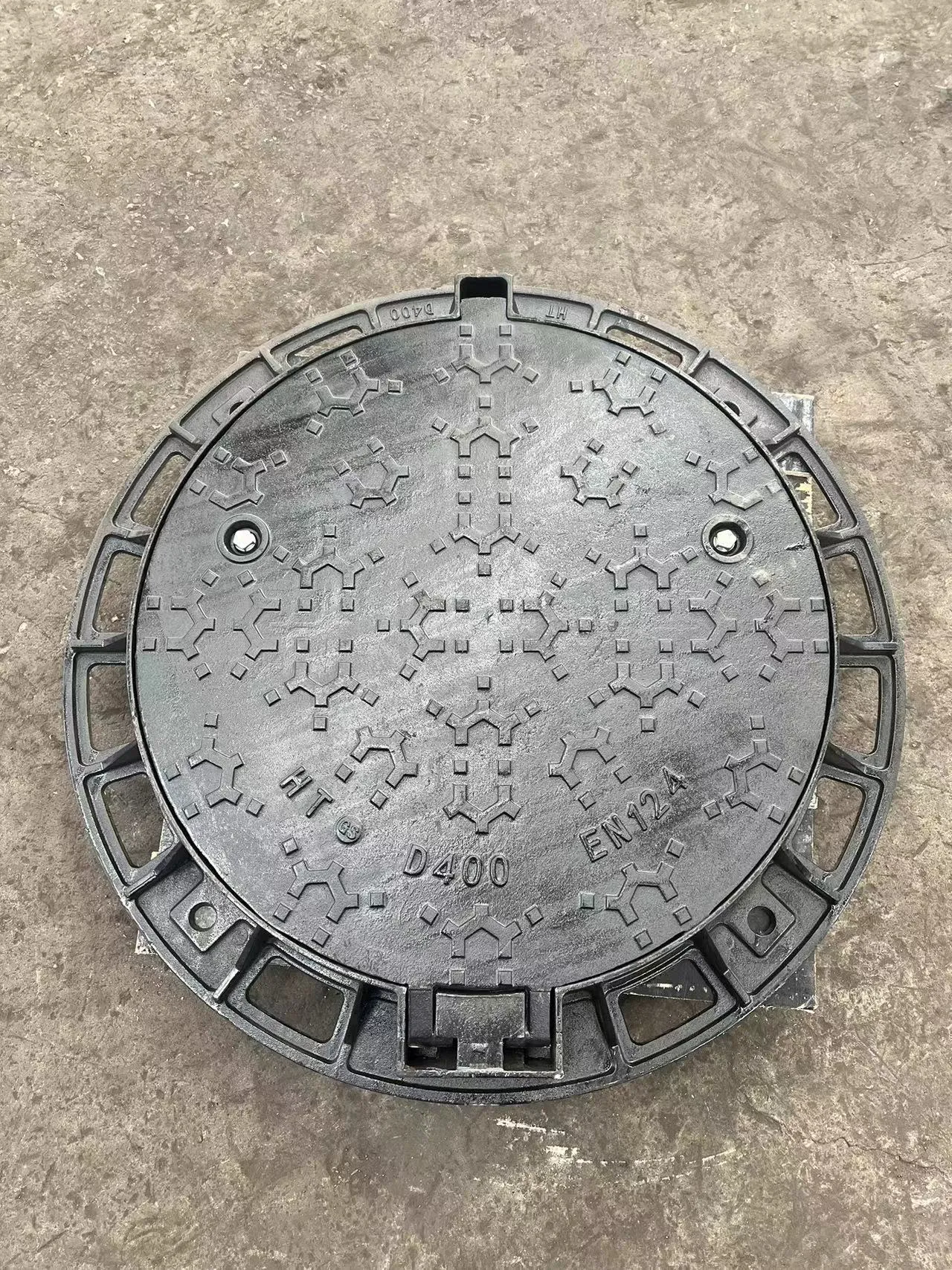Understanding the Functionality of Air Venting Valves in Fluid Systems
Understanding Air Venting Valves Importance and Applications
Air venting valves, often referred to simply as vent valves, are essential components in various systems where fluid dynamics play a crucial role. Their primary function is to relieve trapped air from pipelines, tanks, and other vessels, thereby ensuring the efficient operation of the system. By understanding the importance and applications of air venting valves, engineers and operators can maintain system integrity and optimize performance.
Trapped air can pose significant challenges in hydraulic systems, leading to reduced efficiency, erratic operation, and even potential damage. When air pockets form, they can create blockages that disrupt fluid flow, leading to cavitation, increased wear, and even complete system failure. Air venting valves provide a simple yet effective solution to this problem, allowing for the automatic release of any trapped air without the need for manual intervention.
air venting valve

In practical applications, air venting valves are commonly found in water treatment facilities, heating systems, and industrial fluid transport systems
. In heating systems, for instance, they allow for the expulsion of air from radiators, which is crucial for maintaining system efficiency and ensuring even heating. In water supply systems, these valves prevent air accumulation in pipes, which can lead to water hammer—a phenomenon that causes loud banging sounds and can damage infrastructure.
Moreover, the design of air venting valves can vary significantly depending on their application. Some valves are designed to operate automatically, opening and closing in response to changes in pressure, while others may require manual operation. The choice of valve type often depends on factors such as the system's pressure, fluid type, and operational requirements.
In conclusion, air venting valves are vital for maintaining the efficiency and safety of fluid systems across various industries. By effectively managing air within these systems, they help prevent issues such as cavitation, water hammer, and inefficient operation. As industries continue to evolve and demand more efficient solutions, the role of air venting valves will undoubtedly remain significant in ensuring optimal performance and reliability. Regular maintenance and proper selection of these valves can lead to enhanced system longevity and reduced operational costs, making them a small but critical component in the vast landscape of fluid dynamics.
-
The Essential Component for Safe Urban InfrastructureNewsMay.14,2025
-
The Backbone of Urban InfrastructureNewsMay.14,2025
-
Practical and Stylish Solutions for Your Drainage NeedsNewsMay.14,2025
-
Lamphole Frame and Cover: Essential for Urban InfrastructureNewsMay.14,2025
-
A Seamless and Aesthetic SolutionNewsMay.14,2025
-
A Must-Have for Safety and DurabilityNewsMay.14,2025
-
Pipe Repair Clamps: Your Ultimate Solution for Efficient RepairsNewsMay.09,2025
